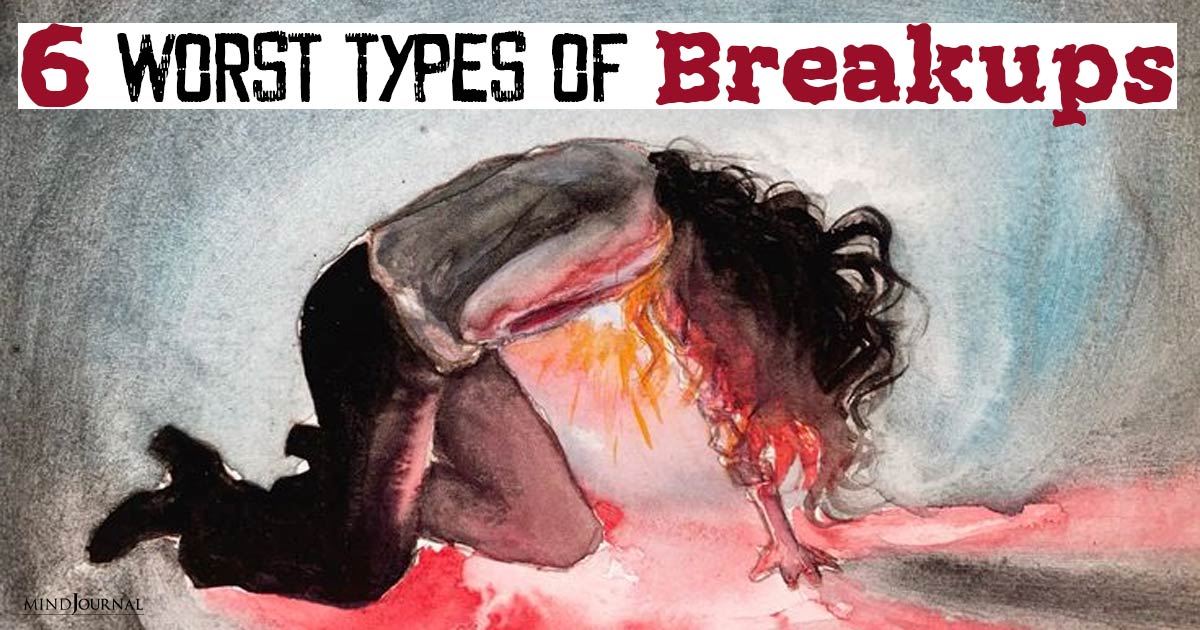When a divorce happens in a marriage, why is it that many times it’s the man who feels too guilty to leave? And moreover, why are men made to feel guilty when they decide to leave a marriage they are not happy in?
Is leaving a wife—girlfriend, boyfriend, or husband—the most insensitive thing a man can do?
The portrayal of divorce and break-ups in TV, movies, and magazines errs on the side of promoting the sad stories of women selfishly left behind by heartless men for younger, more supple new women. “How could he?” we the outraged protest. “What about all the years she gave him?“
When Brad left for Angie, the quote heard round the social media sphere, and that lingers today even 6 children and a marriage later, was Jen’s famous line, “He is missing a sensitivity-chip.”
We as a culture have a soft-spot for the weak and the betrayed.
We may not take many actions on their behalf, but we love to talk about how much we care and how bewildered we feel by such cruelty. But is leaving a wife — or girlfriend, boyfriend or husband — really the most insensitive thing a man can do? Is it any more sensitive to either of your needs as human beings to continue living a miserable but coupled existence?
When I receive a call from a man who is considering divorce, I can predict with a fair amount of accuracy that without some tough introspective work in coaching or therapy his marriage will remain on autopilot until his wife finally decides she is ready to call it quits.
This is not because he is weak, controlled, p*ssy-whipped, lazy, greedy, or happy to simply carry on an affair.
It is because he is truly concerned for the welfare of his wife, his children, and yes, himself. That is OK, by the way. Men are allowed to be worried about their own physical, emotional, and financial well-being just like women are. Just in case you were wondering.
I have spoken with countless men who call to find out how they can leave their marriage without hurting their wife and children.
Related: 11 Ways Your Divorce Makes You Better Than Before
The following concerns arise most frequently:
1) They fear that they won’t be able to support two households and that she won’t be able to find a job that will pay her enough to make ends meet on top of what he gives her in support.
This is neither belittling nor greedy in any way. The concern is based on cold reality. Most couples I see, no matter how much they earn per year, are living exactly at or above their means. Two households are expensive and most people do experience a decreased standard of living following their divorce.
2) They fear that they won’t be able to see their children easily or often.
Not because of the outdated concerns that they won’t receive 50/50 custody, but because they will have to work so many hours that even on their days with the children they will have to hire child care until they return. Even if they only see their children for an hour or two before bedtime 5 days per week while married, 5-10 hours per week is a lot more than 2-4 hours per week with a custody schedule.
3) They fear that their children will have to move out of the family home, leave their private school, pay their own way through college, withdraw from their insanely expensive team sports, and on and on.
You can #firstworldproblems all you want, but that doesn’t change the heart of the matter, which is that dads love their children and do not want to hurt them any more than moms do.
4) They fear that they just haven’t been a good enough husband, lover, father, provider, companion, friend, confidante, or man, and that therefore they never will be for anyone else anyway.
These men are racked with guilt, wondering what they could have done differently and if there is still something they can do now to make everything better for them all. Even if they don’t feel responsible for the relationship deteriorating, they feel responsible for having made a commitment they would rupture by calling it all to a close.
5) They fear they will be seen as “the bad guy” by their family, friends, and children. Given Aniston’s famous quote and most pop culture headlines, can you really blame them?
In the real world of divorce, men are far more often the one left than they are the leaver.
A recent study by Michael Rosenfeld at Stanford University confirmed that women initiate 69% of all divorces. Women asking for divorce more often than men was no earth-shattering discovery. What was of particular note in this study, was the contrasting finding that in non-marital breakups men are equally like to initiate the end of a relationship as women.
Related: Is An Unhappy Marriage Better Than Divorce?
Rosenfeld shared the following conclusion about this distinction with The Huffington Post:
“Women’s tendency to initiate divorce was well known but the gender neutrality I found for non-marital breakups was not. That’s an important consideration, Rosenfeld said, because social scientists previously argued that women were more likely to initiate divorce simply because they were more sensitive to relationship difficulties.
“It supports the theory that sociologists refer to as ‘the stalled gender revolution,’ meaning that as much as women’s roles in society have changed, women’s roles within the families have changed very slowly,” he said, citing husband’s expectation for wives to do the bulk of the housework and childcare, even when both spouses work.
Want to know more about men feeling guilty to leave a marriage? Check this video out below!
While Rosenfeld makes valid arguments that surely factor somewhat into the statistical findings, my concern is that he is misinterpreting a good chunk of the data to the detriment of far too many men by ignoring the very real issues at play for men as mentioned above.
Just as his findings can be interpreted to support the stalled gender revolution theory, they can easily support my theory that men ask for divorce less often than women because as much as we don’t want to admit it, men are still by and large the primary breadwinners of the family and their concerns about the financial stability of their children, their wives and themselves weighs on them heavily, and not without reason.
As for the fact that married women reported lower levels of relationship quality than married men, it would be both narrow-sighted and wrong to assume that either:
a) The women are unhappy because of the men, or
b) The men aren’t defining quality differently than the women, or even internally feeling guilty if they rate their satisfaction as too low.
Related: Getting a Divorce? 5 Things You Need To Do First
There are two problems, then, that must be overcome
- Assuming blame correlates to gender. We need to stop holding men any more to blame for leaving when a marriage is in desperate need of an end than we do women.
- Assuming that asking for a divorce is the worst thing a man can do to a woman. Men who stay in their marriages out of guilt are unlikely to actively engage in the kind of relationship behaviors that would increase a woman’s feelings of marital satisfaction.
Many women finally pull the plug after their husbands have engaged in passive-aggressive or even reckless behavior, consciously or unconsciously acting out on their desperation to be free. If we want men to understand that leaving is healthier for everyone than cheating, checking out emotionally, or burying himself in work, we can’t publicly castrate the men who do have the allegorical balls to say enough was enough.
No matter who asked for the divorce first — male or female — and no matter how the one who was asked for the divorce felt about it initially — shocked, angry, sad, devastated — I have yet to receive a phone call or note from anyone, the leaver or the left, once their divorce was final to say anything other than how much better off they are now and how happy they are to be out of their unhappy marriage.
Written by Originally appeared in The Good Men Project











Leave a Reply
You must be logged in to post a comment.